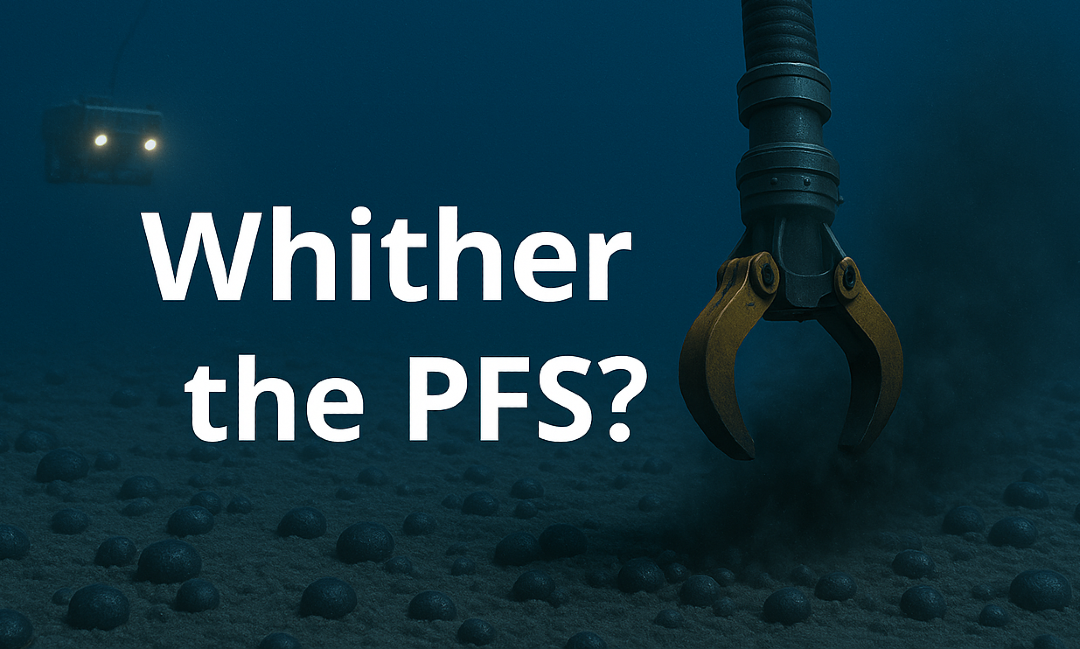TMC promises to release pre-feasibility study in third quarter of 2025
The Metals Company to show its workings by end of September as markets await hard figures and realistic assumptions in long promised pre-feasibility study.

The Metals Company has assured that its long awaited pre-feasibility study on deep sea mining operations will be released by the end of the third quarter this year.
The company gave the update at its Q1 Corporate Conference Call on Wednesday.
SEC Rules
Based on SEC disclosure rules for mining companies, the pre-feasibility study, or PFS, must comprise realistic engineering and economic studies on whether TMC’s plan is financially viable and whether the deep sea mining reserves actually exist to support it.
CFO Craig Shesky asked investors for patience, telling the conference call that TMC was chomping at the bits to release the PFS but had to follow the rules as a public company:
“We often get a question, why not just release all the information now? Well, for one, we’ve been busy getting these applications complete, but also as a NASDAQ listed and SEC regulated company, there are very specific rules on the assumptions and sign-offs required to make resource and financial projections to ensure it’s all based on reality and can reasonably be relied upon by investors”
New variables
Prior to using the US application route, TMC had vowed to release a PFS by June alongside its now abandoned ISA application, but the company now says its pivot to the U.S. introduced new assumptions that deviate from our previously planned PFS, including vessel flagging requirements and a lower topline royalty.
Whereas an Initial Assessment may merely demonstrate potential economic viability of seabed mining, the PFS must show more accurate projections and defined assumptions.
Under SEC rules, any cost estimates used in the PFS must fall within a +/- 25% margin.
The company must also use indicated and measured resources for its cost estimate inputs and probable and proven reserves for its mineral estimate outputs.
There has been strong interest in the PFS with many deep sea mining detractors suggesting it is no longer financially viable since prices for minerals are currently low and battery chemistry now include mineral-free options like LFP.
In response to this specifically, Shesky noted that 90% of the LFP market is confined to China and that about 60% of western markets still use and prefer mineral based battery chemistries.
But not before this feisty retort:
First of all, nobody asked you...as a former metal analyst, myself, I am surprised at how many global NGO spokespeople also moonlight as commodity experts
A few social media users, some of whom may possibly be retail investors, have also been keen on the PFS, often asking about it in response to posts by the CEO Gerard Barron or the company’s account.
Barron noted however that he loved the passion of retail investors, whose share of the company has grown since Donald Trump's executive order expediting deep sea mining, and TMC's subsequent application for a licence days later.
Read:
Deep Blue League's two other reports on The Metals Company's Q1 Conference Call:
- The Metals Company fully abandons plan for deep sea mining licence at International Seabed Authority
- TMC reports enough funds to get through pioneering permitting process
TMC's Q1 presentation to investors
For editorial comments or questions: [email protected]

